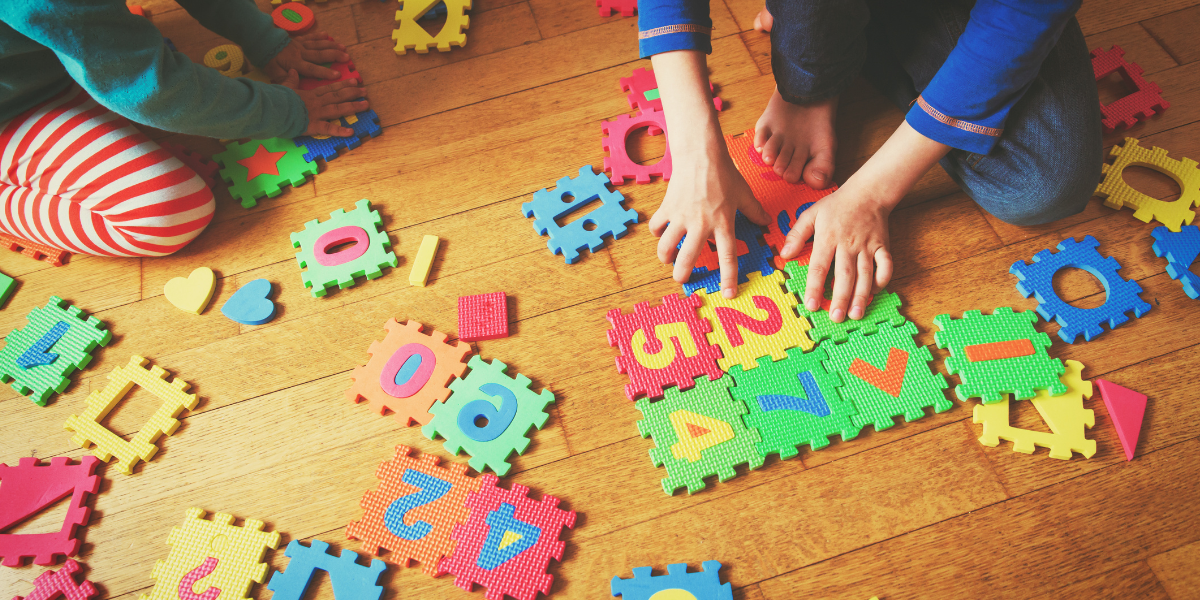Blog
Boosting Baby’s Brainpower: Why Puzzle Games Are Perfect for Early Development

Puzzle games might look like simple fun for babies, but they’re actually powerful tools that help shape your child’s brain and skills from an early age. From problem-solving to hand-eye coordination, puzzles engage little minds in ways that benefit their growth for years to come.
Why Are Puzzle Games Great for Babies?
Babies learn best through play, and puzzles provide just the right mix of challenge and fun to keep them curious and motivated. Here’s why puzzle games are a fantastic addition to your baby’s toy collection:
-
Enhance Cognitive Skills: Figuring out where pieces fit teaches babies about shapes, sizes, and spatial relationships.
-
Develop Fine Motor Skills: Picking up and placing puzzle pieces improves hand strength, dexterity, and coordination.
-
Boost Problem-Solving: Babies learn patience and persistence as they experiment with different pieces and strategies.
-
Encourage Focus and Concentration: Puzzles require attention, helping babies build their focus over time.
-
Promote Language Development: Talking about puzzle pieces and pictures introduces new vocabulary.
Types of Baby Puzzle Games
1. Chunky Peg Puzzles
These puzzles have large, easy-to-grasp pieces perfect for little hands just learning to manipulate objects.
2. Knob Puzzles
Similar to peg puzzles but with knobs on each piece, making it easier for babies to pick them up.
3. Soft Fabric Puzzles
Safe for babies who like to chew or mouth their toys, these puzzles are made from soft materials and often feature bright colors and textures.
4. Wooden Puzzles
Durable and often beautifully crafted, wooden puzzles are timeless toys that withstand rough play.
5. Shape Sorters
Not traditional puzzles but they teach similar skills by encouraging babies to fit shapes into matching holes.
Tips for Choosing the Right Puzzle Games
-
Age Appropriateness: Start with puzzles designed for your baby’s age to keep them challenged but not frustrated.
-
Safe Materials: Look for non-toxic, BPA-free, and sturdy puzzles.
-
Bright Colors and Simple Images: Babies are attracted to bold colors and recognizable shapes or animals.
-
Size of Pieces: Ensure pieces are large enough to prevent choking hazards.
How to Make Puzzle Playtime Fun and Educational
-
Play alongside your baby to guide them gently without taking over.
-
Use puzzle time to talk about colors, animals, numbers, or shapes.
-
Celebrate small wins and encourage repeated play to reinforce learning.
-
Rotate puzzles to keep things fresh and engaging.
Final Thoughts
Puzzle games are more than just toys—they’re stepping stones to essential developmental milestones. Introducing puzzles early can spark a lifelong love of learning and problem-solving, all while creating joyful bonding moments. So, next time you’re picking out toys, consider adding some fun puzzles to your baby’s playroom for a brain-boosting adventure!
